
OR
Martyrs' families hope for change after local polls
Published On: May 5, 2017 01:30 AM NPT By: Dinesh Subedi
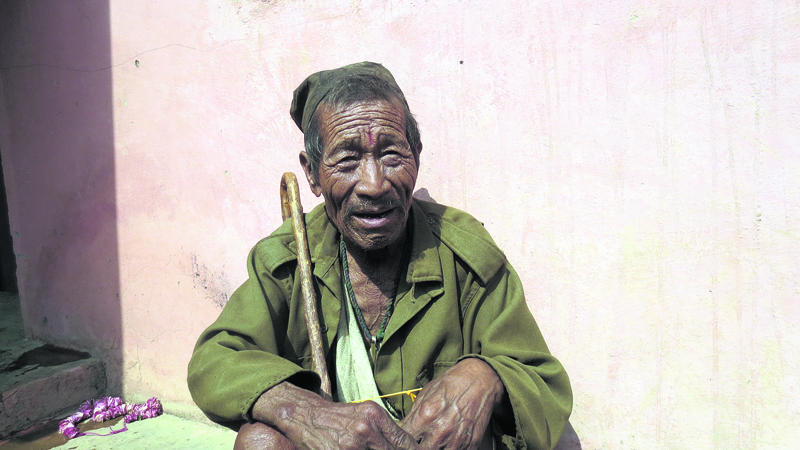
ROLPA, May 5: After walking for a whole day and crossing dozens of hills from the district headquarters Libang, there lies Jelbang of Rolpa. Dalit and Magar communities are the chief inhabitants of this place. During the Maoist insurgency, as many as 73 people of the village had lost their lives.
Grown up in poverty, locals of Jelbang are known for their innocence, loyalty and hard work. But sadly, they lack enough opportunities to showcase their skills and loyalty. In the name of infrastructures, all they have got is a road which is still not fully complete.
Though the construction began in 2007, it has not yet been completed. Jelbang used to be a safe haven for the Maoists guerillas during the conflict period. It has been found that only 984 out of 3,969.8 hectare of land is suitable for farming. Mostly, Kham language of Magar is used in the village and there are more than 120 physically disabled people in the village.
Eighty-one years old Mangale Budha had once visited the district headquarters for making his citizenship certificate and since then he has not been out of his village. Even after spending eight decades of his life he has never worn slippers on his feet and has no experience of travelling in a vehicle. For him and his seventy-three years old wife, Phurki, Jelbang is the world.
On February 12, 2003, twenty-two-year old son of Budha was brutally murdered near his residence by security personnel. Since then, his life has been a living hell.
“Two of my daughters have eloped and our only son has been killed. Our life has been miserable because now we have reached a state where it is hard for us to move. There is no one to rely on. Now, all we are doing is waiting is for death,” said Budha with a long sigh. They have been living in a small hut since a long time.
The compensation provided by the state in installments has already been used up by the couple for their medical and living expenses.
“As of now, we are managing our life with the little amount that we receive as senior citizens allowance and I wonder how long it will continue,” lamented Budha with eyes full of tears.
He is unaware about the end of monarchy and the establishment of republic. He knows that his son has been declared a martyr but he still doesn't know what does that mean.
When told about the local elections, Budha expressed some hopes of change in his village.
Samjhana Roka of Jelbang-2 who lost her husband at the age of thirty-two is now in her fifties. Her 31-year-old husband was shot dead by the security personnel. After his death, she spent 18 years with her three daughters and a son.
“No one knows how challenging it was to bring up my children alone but I did. Now, two of my daughters have got married,” said Roka. She informed that her husband was a Maoist cadre and that is why he was killed. But sadly, she has not yet received his body.
“Though they had assured to provide Rs 1 million as relief, we have received only half of it by now,” Roka complained.
Although she has heard about the elections, she doesn't know why it is conducted. “I don't know who will be elected but I wish it was someone from a martyr's family. Yes, we lost them but may be the one who are alive could contribute something,” said Roka.
Det Roka of Jelbang-6, whose son was killed by Nepal Army in 2004, said, “This election is more for the ministers but if it happens I will surely vote. I hope they will at least teach me how to cast vote.”
Despite being in remote area, the fever of election has also gripped the locals of Jelbang too. But, the family members of the martyrs are not just deprived of relief but they have been lacking behind in local representation as well.
You May Like This

Local polls in newly created local units in 7 days: EC Yadav
BIRATNAGAR, May 23: Chief Election Commissioner Ayodhee Prasad Yadav has said that the arrangement will be made to hold local... Read More...

Local polls bring promising signs of social change
KATHMANDU, May 17: While it is yet to be seen if the country heads toward the path of political stability and... Read More...

Change in standards a ploy to delay local polls: Commission member
KATHMANDU, Sept 27: Officials of the commission formed to fix the number and boundaries of local bodies have said that the... Read More...


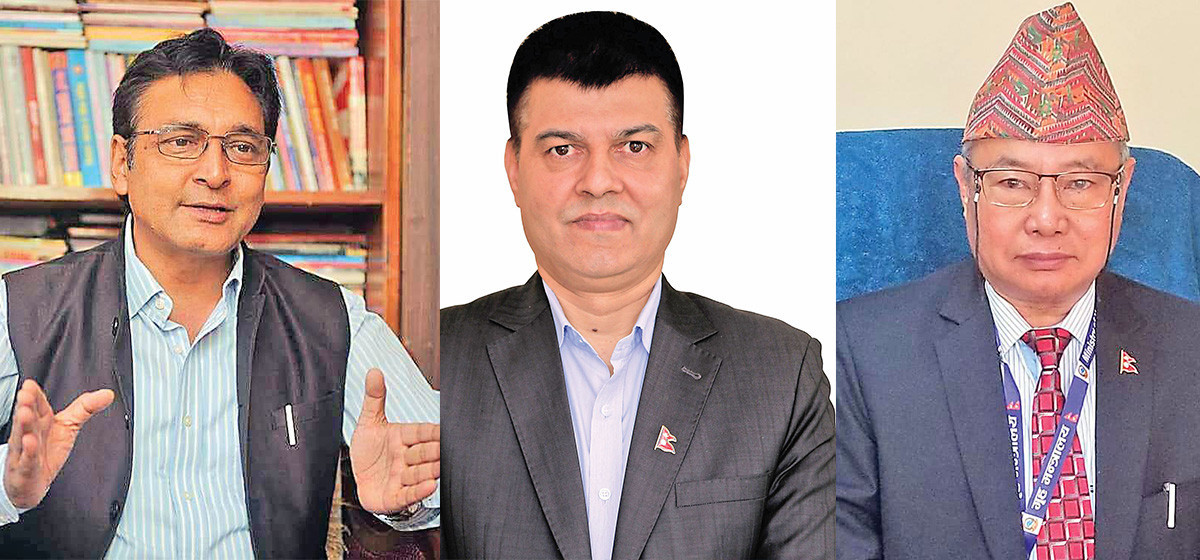
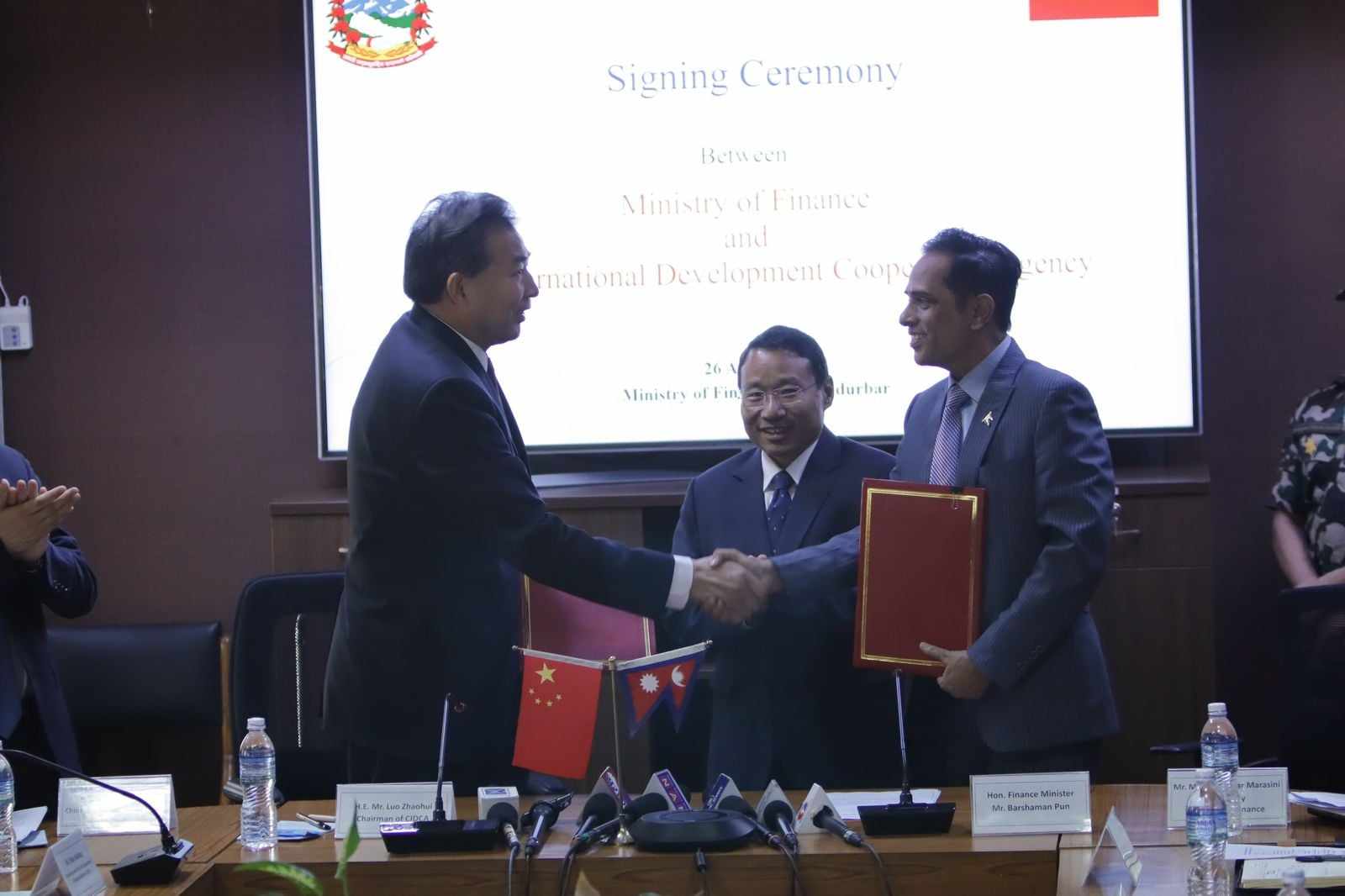
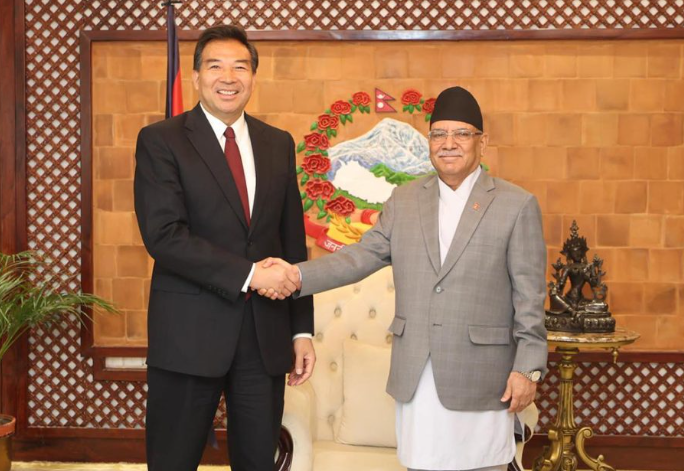

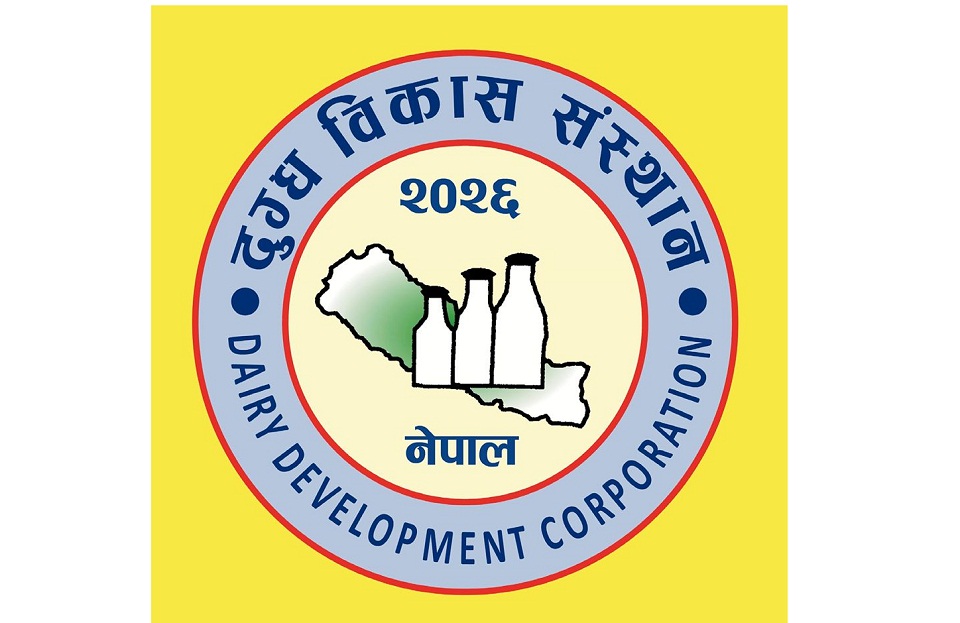

Just In
- Fake Bhutanese refugee case: SC orders continued pre-trial detention for seven individuals including former DPM Rayamajhi
- ADB Vice-President Yang pays courtesy call on PM Dahal
- PM Dahal, Chairman of CIDCA Zhaohui hold meeting
- MoFAGA transfers 8 under secretaries and 11 section officers (with list)
- PM Dahal arrives in Morang
- DDC pays Rs 480 million dues to farmers
- Police arrest seven Indian nationals with 1.5 kg gold and Rs 14.3 million cash
- Gold price increases by Rs 1,400 today








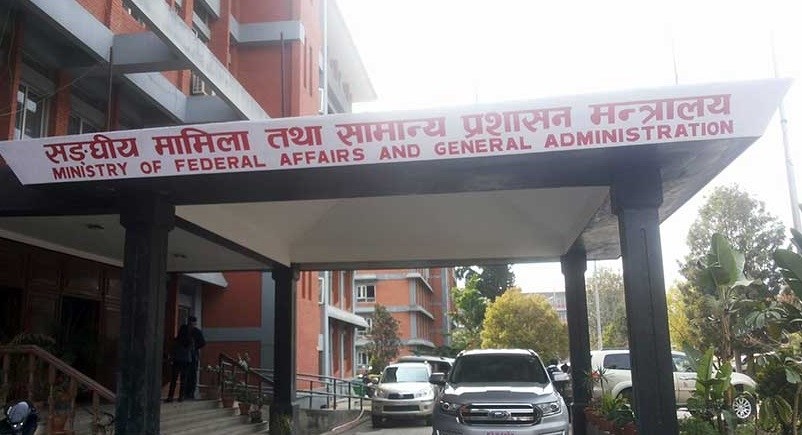

Leave A Comment